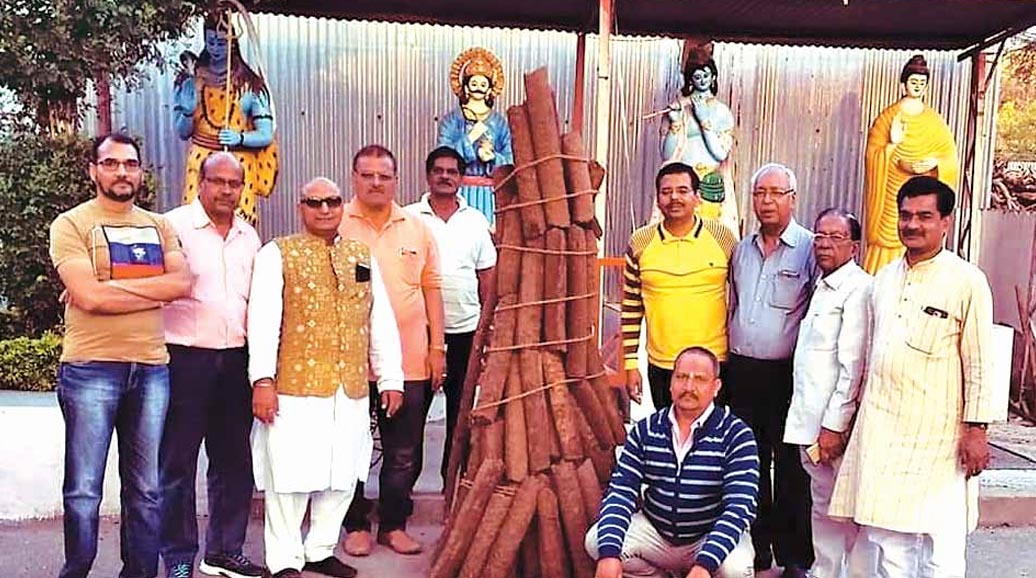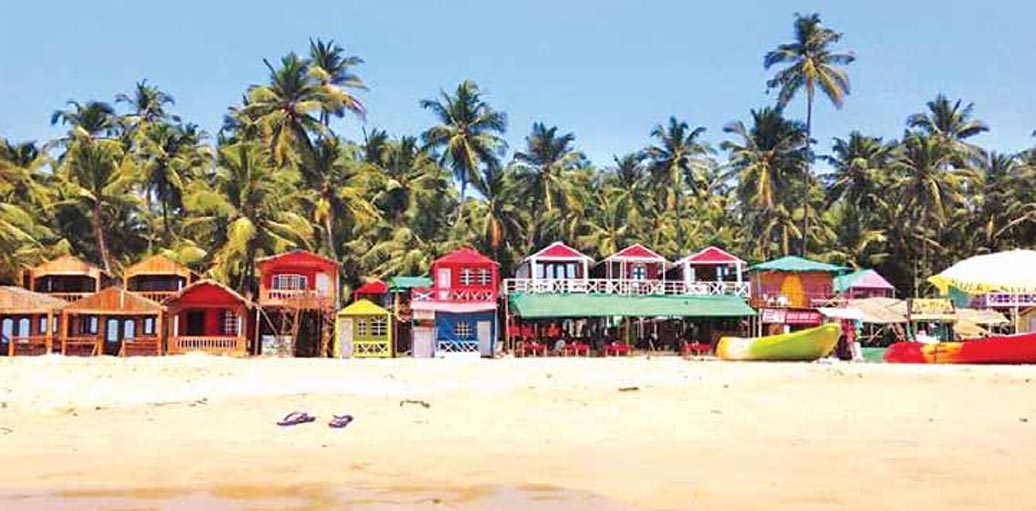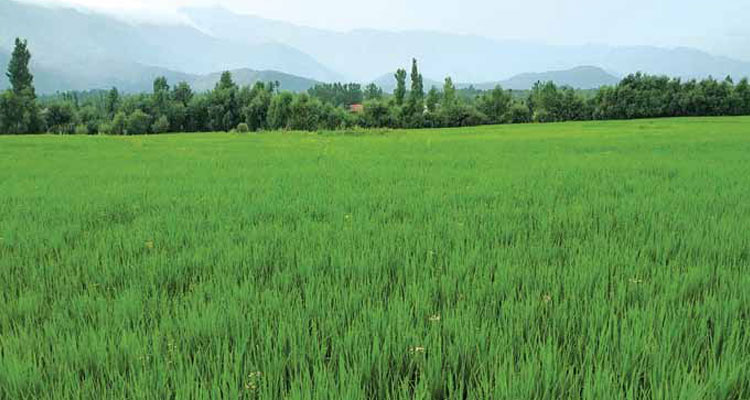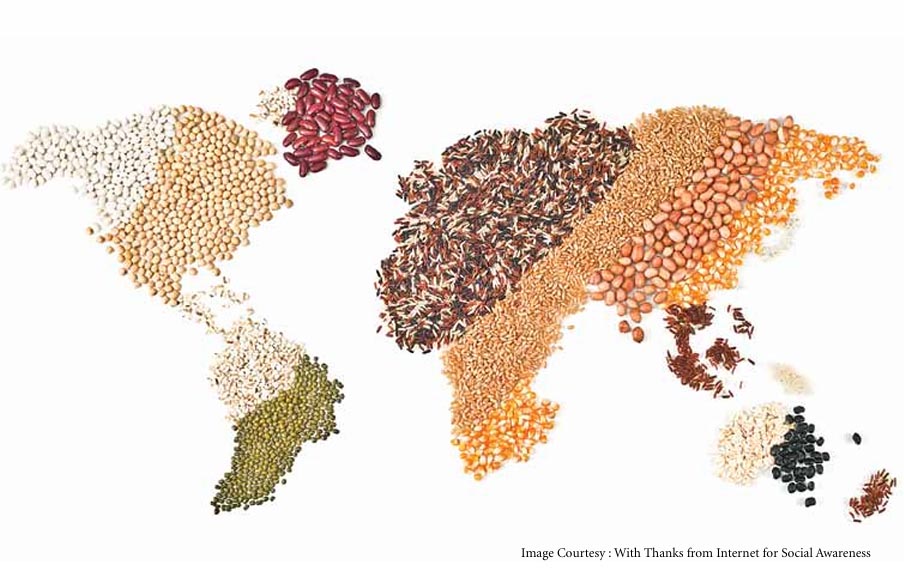
By : Shubhangi Rawat
Tackling Nutritional and Food Insecurity amidst Climate Change
“If you don’t know where you are going, you’ll end up someplace else.” -Yogi Berra
This quote gives us a decent insight of our future in the gradually changing climate if we do not mend our ways. With the widespread Coronavirus and lockdowns imposed all over the world, we have been seeing how everyone is at home learning new recipes and sharing it on social media. However, not much light has been shed on the darker side which includes families that were food insecure and how severely they have been hit by this pandemic.
“Food security” is just a fancy word for being confident, knowing where your food is coming from, not going hungry and not worrying about where your next meal is going to come from. “Food insecurity” is the opposite of this. In a world where huge amount of food are wasted daily, there are still billions of people who are food insecure. With this planet becoming uninhabitable owing to climate change and sprouting food crisis, we can only wish Interstellar travel was possible! But who knows that the epic sciencefiction movie might become a reality someday? For now at least let’s focus on saving the only world we have got!
Climate change is one of the main factors that affect food security and there are many ways it can influence it. The most obvious effect of it can be seen on the agriculture. As the weather shifts with climate change, it is affecting agriculture adversely because agriculture in most parts of the world is still dependent on the weather. As a result, there is a shortfall in production which could lead to increase in prices meaning more difficulty in getting access to the food and hence rising food insecurity. Gradually elevating global temperatures, a consequence of global warming, also affect crop plants unfavorably. Also there is no denying the fact that rainfall has a dramatic effect on agriculture all over the world but changes in the pattern of precipitation due to climate change, though less clear, are bound to have some side effects too. All these impacts of climate change in no way are good for food security.
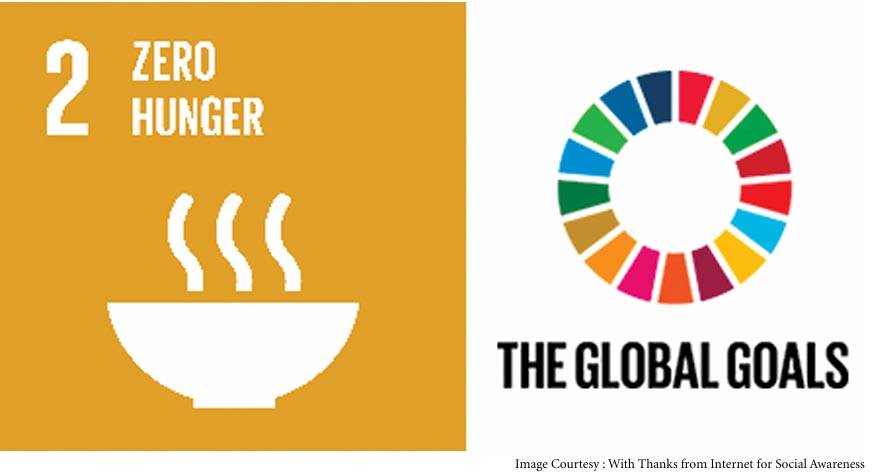
Climate change is only adding fuel to the fire of the already detrimental effects of our emissions of greenhouse gases due to burning of fossil fuels. Without us realizing, these factors altogether are also reducing the nutritional quality of our food. Amidst all this we fail to achieve the very second of our Sustainable Development Goals i.e. Zero Hunger. And it’s not just us, cattle are also getting affected as the quality of their forage is declining.
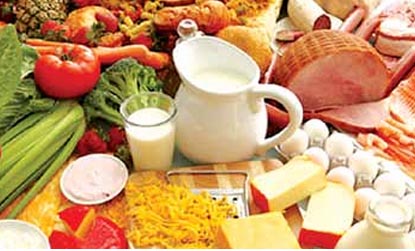
Every consumer of plants would suffer equal repercussions of climate change on the nutritional security. But the people on the edge are the poor people whose diets are not so diversified and primarily consist of starch. They are more susceptible to various deficiencies resulting in all kinds of health problems like irondeficiency anemia, babies born with birth defects due to lack of maternal nutrition, etc. The core question is how to tackle these potentially serious consequences? The most desirable intervention would be reduction of our carbon footprint and ultimately reducing the emissions of greenhouse gases, both individually and collectively.
If we take into account the climate change, we can see how much the current food security is affected by it and what our future generation will have to face is hardly imaginable in this context. Even if it’s too late now to implement solutions to revert the impacts of climate change completely, we have still got a range of options to minimize them. We have got advancements in technology that we can use to sort out these issues and ensure complete access of food to one and all, not only the wealthier parts of the society. There is a lot that needs to be known in this field, there is a lot more that needs to be done!
It’s been said, “If Education is Expensive,
Try Ignorance!”
Let’s not!
Let’s invest in ourselves and our planet!
Let’s tackle the troubles!
Related Posts
India’s First E-Waste Clinic in Bhopal | By – Imteyaz Ali
By : Imteyaz Ali India’s First E-Waste Clinic in Bhopal Bhopal Municipal Corporation (BMC) collabration…
‘Go-Kashth Bhopal’ Model (Cow dung wood / logs) | By – Mr. Pramod Chug, Mamtesh Sharma and Vikas Singh Baghel
By : Mr. Pramod Chug, Mamtesh Sharma and Vikas Singh Baghel ‘Go-Kashth Bhopal’ Model (Cow…
Tourism in Context of COVID – 19 | By – Jaimon Mathew and Vikas Singh Baghel
By : Jaimon Mathew, Vikas Singh Baghel and Vivek Jude Tourism in Context of COVID…
No Rice, Eat Apples: Kashmir’s Food Security is at Stake due to Climate Change | By – Rayies Altaf
A Green Paddy Field in South of Kashmir By : Rayies Altaf No Rice, Eat…


